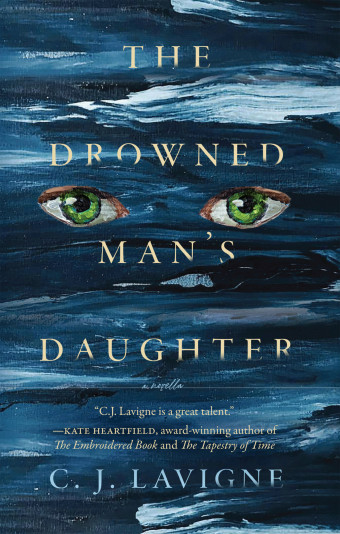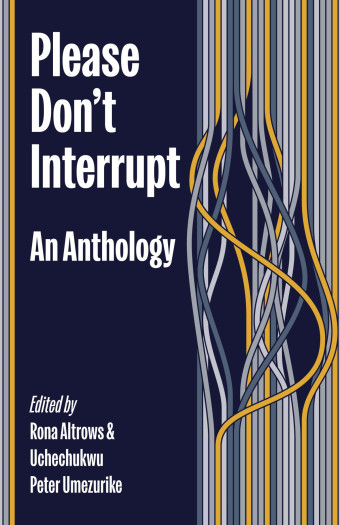They say no man is an island, but that doesn’t mean no man can create one, as Bill Gaston does – complete with an entire population of characters – in Tunnel Island, his latest collection of short stories.
Gaston explores the oddball, passionate, and often moving lives on his titular island off the coast of British Columbia. And like his characters – loners, lovers, parents, criminals, children – the pieces evolved in unexpected ways.

- Tunnel Island
- Bill Gaston
- Thistledown Press
- $24.95 Paperback, 228 pages
- ISBN: 978-17-71872-68-3
“I didn’t know I was doing ‘linked stories’ until Jack [a local handyman] popped up in a second story,” says Gaston, when asked if it was a planned cycle.
“But it may have been in the back of my mind, because I was so taken by the linked story collection Olive Kitteridge way back when. It seemed to point out an essential problem with stories, and why novels are generally taken much more to heart. I think this simply has to do with how much time we spend with a character – in a novel you get to know them, you actually do make an unlikely friend.
“So linked stories have characters reappear, which lets our relationship grow, at least a little. We get to see what happens to them over time. And I really enjoyed writing this book for that same reason.”
This is Gaston’s eighth book of short fiction. He’s also written seven novels, in addition to memoirs, poetry, and drama. He’s been shortlisted for the Governor General’s Award and other honours, and has won the Ethel Wilson Fiction Prize, a Relit Award, a National Magazine Award, and the Timothy Findley Award for a body of work.
Having spent part of his childhood in Winnipeg and lived across the country, he now calls Gabriola Island in the Salish Sea home. “Tunnel is fictional, though, I swear!” he says, adding, “I don’t want anyone here to think I’ve written about them, and then avoid me in the grocery store.”
_800_532_90.jpg)
The locale proved inspirational. “All the islands between the B.C. mainland and Vancouver Island have a distinct and uniquely intense quality,” Gaston says.
With regard to Tunnel Island specifically, “Everyone lives on a compact, yet rural and forested island. This island has many of the intimate and often claustrophobic qualities of small-town life, except that everyone gets to be a hermit, too.”
Jack, the aforementioned handyman, is one of them: a caretaker for wealthy property owners, his shame of the shack he lives in leads him to take unconventional, even criminal, action. René, another loner, struggles to maintain a relationship with his visiting nephew. Their lives, and many others, intersect on Tunnel Island.
And while every story packs a punch, there are no easy resolutions, leaving the reader to contemplate what’s next for the characters.
“By not wrapping up a story’s loose ends, I’m simply holding the mirror up to nature, as Shakespeare put it,” Gaston says. “Out here in real life there are always loose ends, and a next step. So, because in life our stories never do end, it can be hard to end a fiction in a way that doesn’t feel contrived.
“I think it’s largely instinctive, and based on finding a moment when that emotional echo has a chance to resonate. Often it just feels right.”













